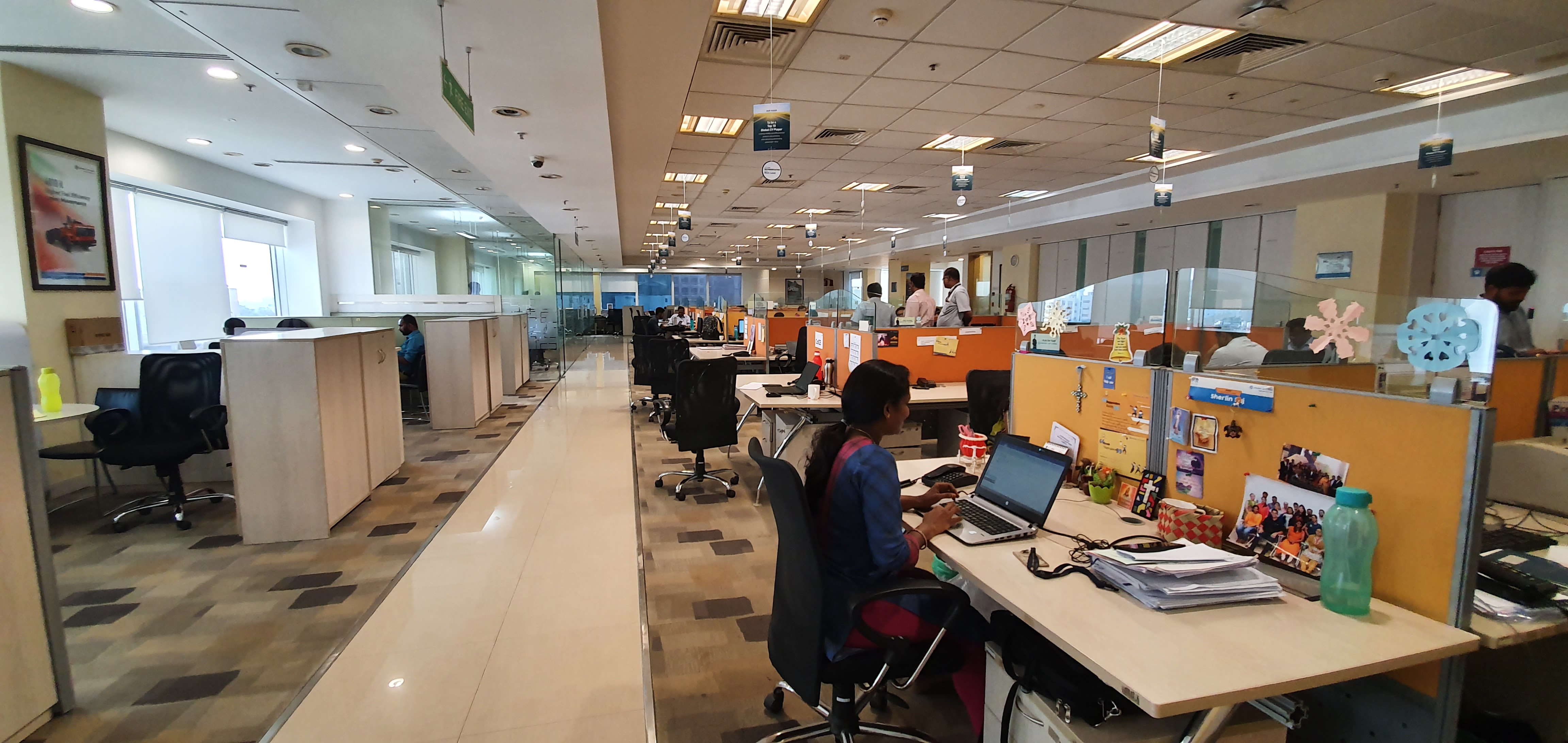
Ashok Leyland: Leadership & Productivity
Leadership & Productivity – Ashok Leyland
Ashok Leyland is an Indian automobile company founded in 1948 that employs more than 11,000 people and is owned by the Hinduja Group. Having a net worth of around 83 billion rupees, it is the second-largest commercial vehicle manufacturer in India. Headquartered in Chennai, India, it is also the fourth largest buses manufacturer and the 10th largest trucks manufacturer in the world.
Remarkable Achievements in Leadership & Productivity
Founded in 1948, Ashok Leyland is India’s second-largest commercial vehicle manufacturer, fourth largest bus and 10th largest truck manufacturer in the world. With headquarters in Chennai, it is owned by Hinduja Group, have 11,000 employees, and a net worth of around 83 billion.
It runs on the motto ‘your success, our success’! People’s development has always been the foundation of the company. With its various learning programs, leadership development frameworks, and 100 CEOs plan, the company has envisioned a strong pipeline of future P&L leaders whose significant efforts have helped achieve remarkable accomplishments, build a sustainable future, and influence productivity in the organization.
Preparing the Leaders of Tomorrow
Achieving a business goal, envisioning modern production, integrating resources, enhancing productivity, etc. is done by the leader of the company. But, leaders today are facing challenges their forebears never had.
Today’s millennial workforce and rapidly changing market demand whole new style of leadership skills to handle the challenges efficiently. Thus, Ashok Leyland offers different ways to optimize productivity and prepare the leaders of tomorrow:
Reverse mentoring to improve diversity in business
The reverse mentoring program allows the youngest to teach the oldest. This tipping the organization upside down has instigated powerful results such as a better understanding of the company’s vision & mission, increasing millennial retention, achieving strategic goals faster, fostering inclusivity, and maintaining a competitive edge through technological advancement.
Disruptive learning programs at various levels
- Junior Level: The ‘Graduate Engineer Trainee (GET) Program’ focuses on enhancing the leadership skills in fresh graduates. It prepares them to be eligible for the ‘Young Talent Program (YTP)’ which is a self-mastery developmental plan. In this, the young talent gets cross-functional exposure, certifications such as six sigma & lean, coaching, and classroom/ online learning handled by the Great Lakes Institute of Management.
- Mid-Management Level: The ‘Emerging Leaders Program’ focuses on middle management where high potential employees go through a three-stage selection process to get qualified for the 12-month leadership program.
In this, 70% of the employees learn through their exposure to high impact business projects, 20% through mentoring by senior leaders, and 10% through a learning program conducted in collaboration with XLRI.
- Top Management Level: The ‘Business Leaders Program’ at the top level is for the selected key leaders of the organization carefully chosen based on their performance to create a strong pipeline of future P&L Leaders.
Along with these exceptional programs, Ashok Leyland has also established ‘Ashok Leyland University’ to create influential leaders and pave a strong path of a lasting learning culture. Furthermore, they collaborated with Coursera, the world’s leading online platform to design numerous learning practices. A specialized course named 5 ML has also been prepared to comprehend and foresee upcoming business challenges.
Technology-driven intelligent hiring
The company has a strong focus on hiring right and investing in individual success within the organization. The new Artificial Intelligence-based Gamification technique helps hires the right culture-fit with the aid of a mobile game.
To raise the employment satisfaction standards several subject experts have been hired who follow a 6-step process to identify any gaps arising within the departments as well as eliminate employees’ mental barriers.
Leadership to improve productivity and resource optimization
The leaders at Ashok Leyland possess core capabilities and in-depth knowledge to improve productivity, integrate and optimize resources such as raw materials, machinery, and manpower, the ability to think analytically, and effectively shape the Electrical Vehicle strategy, etc.
Over the years, the company has successfully adopted automation over manual production. To cope up with the increasing demand for medium and heavy vehicles, the company’s 9 manufacturing plants in India are equipped with advanced robotics practices & a team of 1000+ employees.
Gemba Plus
Gemba Plus program aims at providing an empowered and energetic team who are willing to take risks and ownership of the daily tasks by themselves. With the help of decision-making authority, the team can work with full responsibility and accountability even in a dynamic business environment.
Upcoming growth strategies, solutions and opportunities
In the upcoming years, to face the Bharat Stage VI challenge, Ashok Leyland will be launching the Modular Vehicle Program by April 2020 which is focused on constructing light commercial vehicles and expanding the Indian market share alongside the global one.
The rise in the prices of oil will lead to increasing demand for Electric Vehicles (EV) in the coming years. Foreseeing this, Ashok Leyland has prepared a Modular Business Platform to create EVs for the diverse product portfolio. They also intend to launch electric buses with CNG fuel options, slimmer engines, and the latest automatic transformation technology.
The core strength of the company is its workforce. Many employees have come forward to provide a total of 111 patents showcasing exceptional growth and innovation in the automobile industry. Recognizing the effort, the company has started drawing 26% of the candidates from internal posting.
To maintain adequate sync within departments, they encourage internal movements across diverse dealings and functions. The approach has resulted in enhanced collaboration and teamwork across the organization, thus paving a smoother path to attaining end goal.
